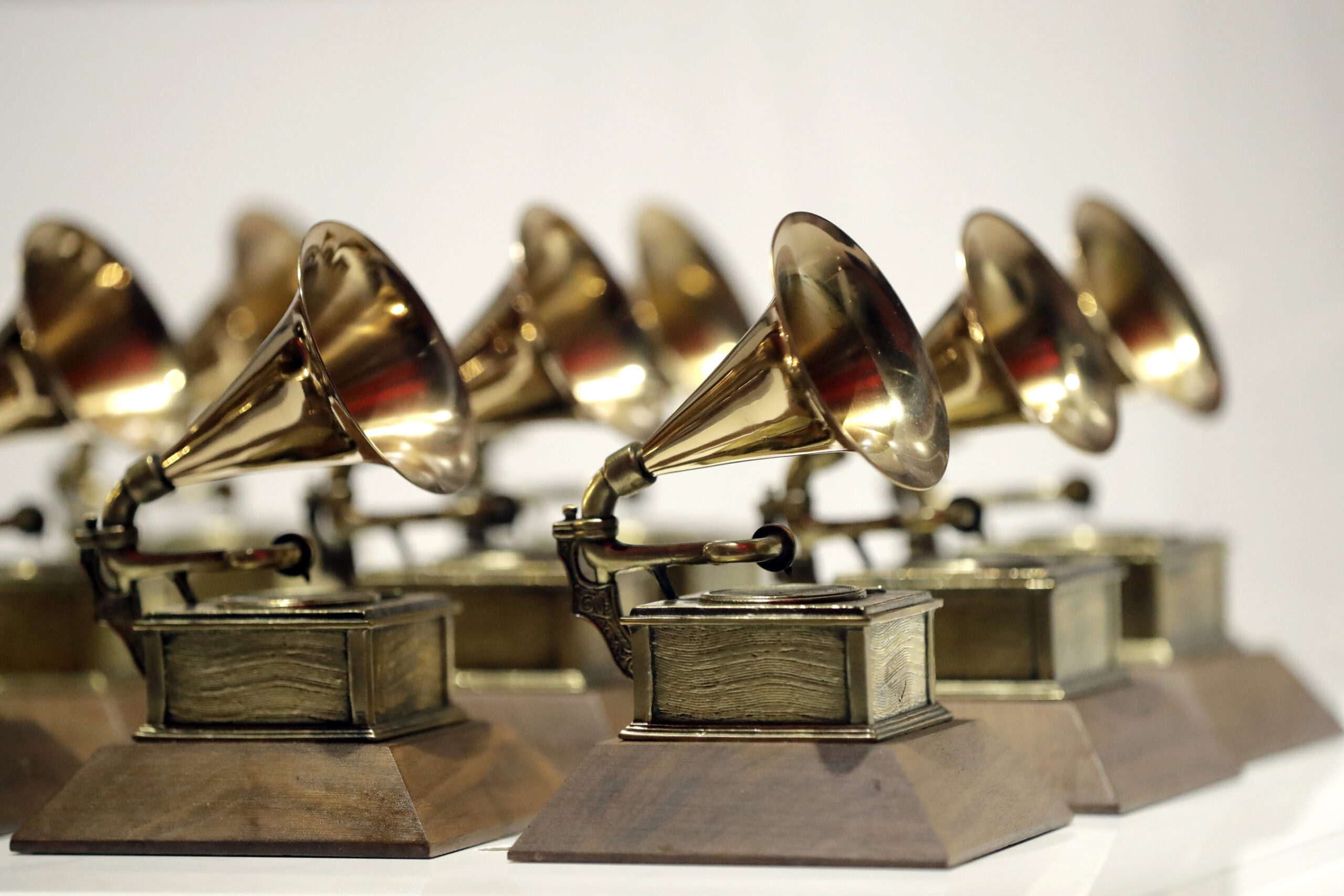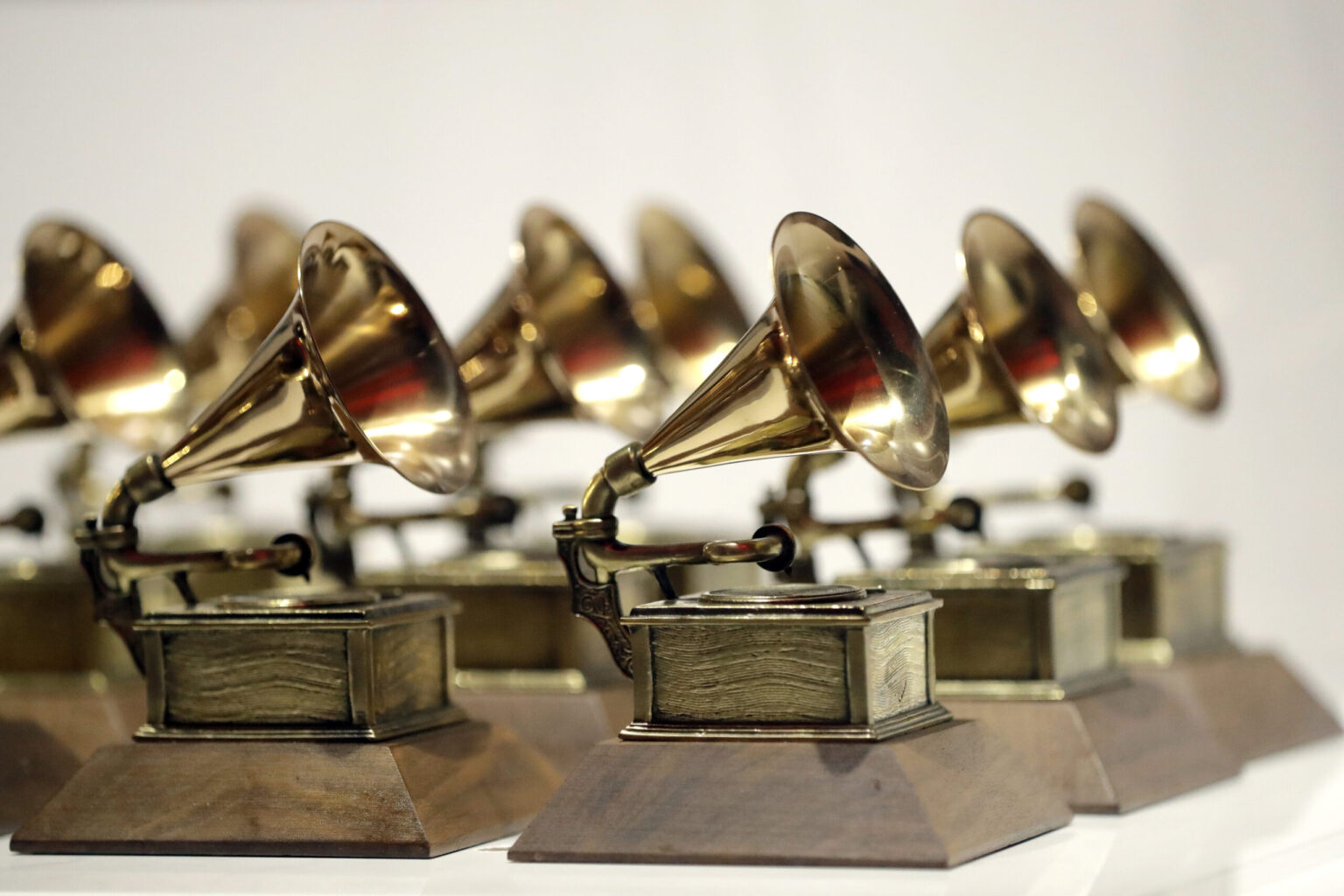
“Surely, it’s not still happening,” I texted a friend a couple of weeks ago. I was referring to a conference I’d been planning to attend before L.A. was besieged by wildfires, but I might as well have meant The Grammys.
The 67th edition of the American recording industry’s pinnacle of pageantry is still moving ahead. The CEO of the Recording Academy Harvey Mason Jr. told Variety that Grammy producers view it as a way to mitigate harm. “If we were to cancel or postpone the show,” he reasoned, “how would that affect the thousands of people who work on it or around it?”
Drawing attention to how the loss of work on a production like that impacts entertainment professionals behind the scenes has a familiar ring to it: In Nashville, and across the nation, we’re very much still reckoning with how the profound disruptions of COVID made things even more precarious for those working on the independent side of live music.
The show goes on, with ecological disaster as its backdrop
Ordinarily, the entire week leading up to the Sunday telecast is packed with parties and showcases. Most of those have been canceled, though, and the few remaining — Friday’s MusiCares Persons of the Year Charity Gala, Saturday’s Clive Davis Pre-Grammy Gala and Special Merit Awards (where Nashville’s own gospel legend Dr. Bobby Jones will receive a lifetime achievement honor), and the awards show itself — have been slightly reframed. They’ll extend the fundraising efforts of MusiCares, the charitable arm of the Recording Academy, on behalf of wildfire recovery and take on a bit more gravitas in tone.
On some level, the Grammys will serve as a public reckoning with our nation’s latest ecological disaster, one that’s brought us images that are difficult to process. The decimation of wealthy coastal enclaves in Southern California mere months after the floods of Hurricane Helene tore through mountainous parts of East Tennessee and Western North Carolina is a harsh reminder that the catastrophic impact of our changing climate knows no boundaries.
Tracking genre crossover, both seismic and subtle
Any given year, I think of the Grammys’ marquee categories — record, album, song of the year — as a competition between pop music’s reigning superstars and the stuff that’s dominated the discourse in the mainstream of mainstreams. If the artists who snag those nominations hail from a distinct genre — say, rap — then they’ve made work so galvanizing in its appeal that it transcends their traditional audience. That doesn’t happen terribly often with country, roots or folk acts, except in the best new artist field, which surveys buzzy, emerging names across the musical landscape.
But we’re witnessing a different reality now. In 2024, country music’s sounds, textures and tropes were a mighty magnet for pop crossover (see: Cowboy Carter, F-1 Trillion and even a televised tease from Chapell Roan), as well as source material for Shaboozey’s pop chart dominance. As we saw from the CMA Awards and Beyoncé’s lack of noms in particular, working with country elements hardly guaranteed recognition from the country music industry. If anything, that genre community reinforced both its boundaries and conditions of participation.
When it comes to Grammy nods, Bey not only has the most — she’s the only artist in contention in the big three genre-spanning categories and country fields. If she comes away with those trophies, it will register as a kind of rebuke to country insularity.
Still, the big picture that emerges when you consider all 94 award categories is more complex.
The range of Nashville nods
This year, the nominees with Nashville ties reflect a range of tradition and fluidity. T Bone Burnett, Jack White and the Black Keys — each of whom have become figureheads of preserving songs, sounds and technologies that predate them through the myriad production and curation projects they take on — have their own work up for Americana or rock awards. Albums that reflect the subtle evolution and updating of the sonic palettes of influential duo Gillian Welch and David Rawlings and solo virtuoso Sarah Jarosz are up for folk and Americana trophies. After weathering numerous lineup changes, the all-woman string band Sister Sadie, known for its command of traditional bluegrass, casually enlarged its palette with pop-country and folk ballads that more fully reflect its members leanings.
Veteran singer-songwriter Madi Diaz has belatedly received her first nods after many years of refining her confessional approach. Her collaborator, Kacey Musgraves, is back in country contention — with a cosmic-tinged folk-pop set, no less — and one of Musgraves’ and Beyoncé’s co-producers, Ian Fitchuk, could win a trophy for the ease with which he blurred sonic boundaries last year.
Countless projects reflect obvious Nashville contributions, but some are subtler. Take Mike Elizondo’s production of the jazzy pop combo Lake Street Dive. Or the elliptical, contemplative trumpet passages that Rod McGaha played on Brittany Howard’s What Now. Her most expansive work to date, the album’s up for an alternative award. But even at her most experimental — which is to say her most niche — she included a funky, churning number titled “Another Day” that strikes me right now as a universal crossover move: She invites listeners to join her in embracing a global sense of citizenship and coexistence.




